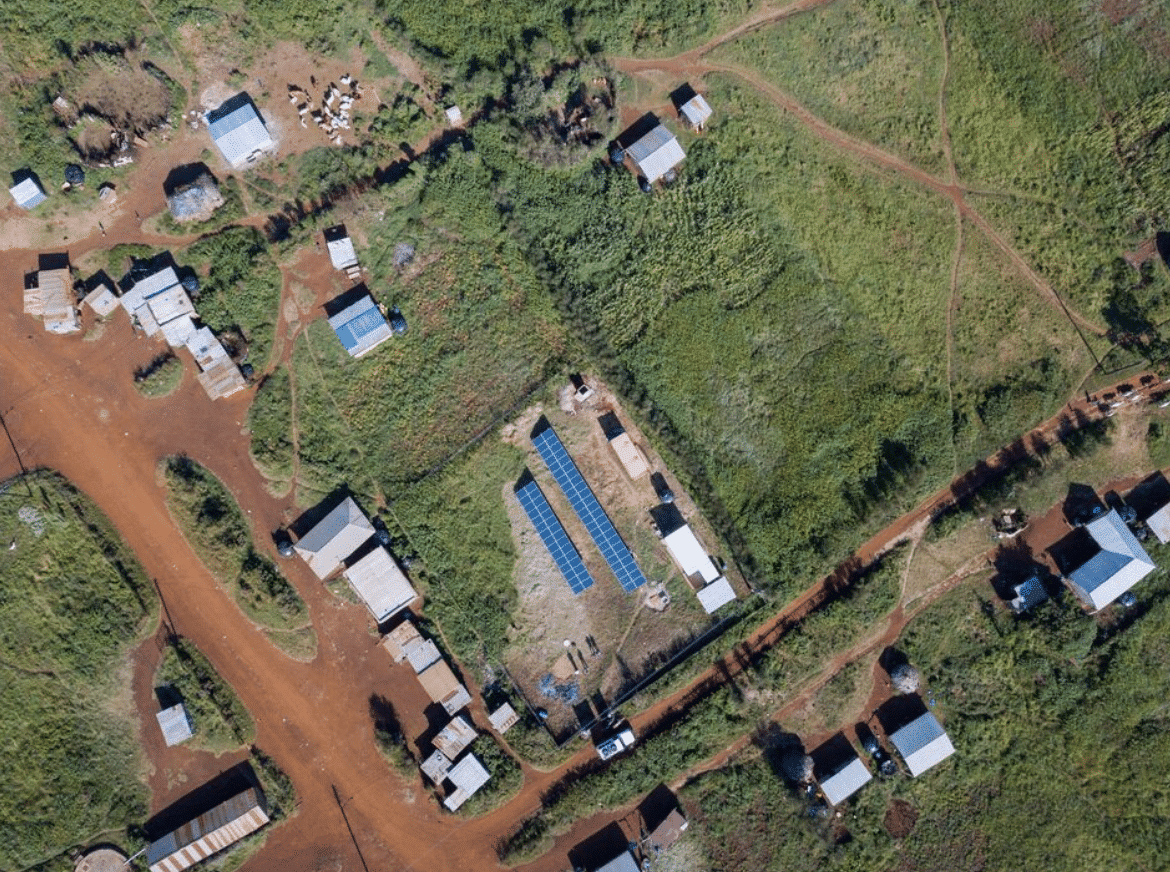In this blogpost, we examine what is needed to unlock finance from public and private sector actors to invest into ACP countries and accelerate this transition. The ICR facility supports private and public dialogues processes and initiatives that aim at supporting informed decision making that will enable investments and improvement of the business environment.
THE NEED TO SCALE ADAPTATION FINANCE
Adapting to the consequences of global warming requires considerable investments in water management, flood protection, agriculture, healthcare, and infrastructure. Adaptation investment needs, although difficult to estimate, are likely to be in the order of USD140 billion to USD400 billion annually by 2030[1]. With current levels of adaptation finance estimated to be US$30bn[2] annually, this falls alarmingly short of the amounts needed. While the imperative for action is clear, finance is not flowing at the scale needed. A major challenge is how we can unlock greater flows of finance towards climate resilient development. The ICR Facility believes that the Development Financial Institutes and the private sector must play an increasingly critical role.
THE PIVOTAL ROLE OF DEVELOPMENT FINANCIAL INSTITUTES
Currently, nearly all adaptation finance is provided by public actors; with the bulk channelled through Development Financial Institutes (DFIs)[3]. Importantly, the amount they are providing continues to grow. We know that DFIs have already played an instrumental role in shifting private sector investment towards climate change mitigation, in particular for renewable energy by applying risk management instruments, such as guarantees, technical assistance and insurance. Such financial instruments address the most prevalent market and political risks. This has helped attract private investors and crowded in significant amounts of private sector capital. With the global commitment to provide a higher proprotion of climate financing for adaptation, which was renewed at the UN Climate Action Summit in 2019, it is clear that DFIs can play an increasingly important role in channelling funds and using risk management instruments to attract more private sector investment for climare resilient development.
THE NEED TO BETTER ENGAGE THE PRIVATE SECTOR
There remains the urgent need to catalyze the expertise and innovation capacity of the private sector, to develop new technologies and tap into the financial leverage they can provide. Business engagement in climate change adaptation has met many challenges, for example, due to inadequate supporting infrastructure, a lack of conducive policies as well as technical, institutional, design, financial and capacity barriers. For certain investments, say coastal protection which has high public benefits, this may never be attractive for private capital. However, there are promising investment opportunities, particularly in the water, agriculture and forest space. Governments must increasingly ease the path for private sector investment by integrating climate considerations into key sector policies and by providing an enabling business environment for climate smart investments.
THE INVESTMENT CLIMATE REFORM FACILITY
The ICR Facility supports development of these better business environments. It contributes to the implementation of the European Union’s External Investment Plan and is aligned with the EU Green Deal strategy and is set up to support African, Caribbean and Pacific Group of States partner countries and regional institutions to create a more conducive business environment and investment climate. Given that most of these ACP countries are highly vulnerable to climate change, the Facility recognises the urgent need to support partner countries in identifying and helping them access investment to build greater resilience to climate change.
To this end, the ICR Facility will deliver a series of knowledge papers and accompanying webinars to explore some of the key issues which are highlighted in this blog.
The role of the private sector in ACP countries, the opportunities for businesses to contribute to climate adaptation and the support and activities needed to improve the ease of doing business for them were discussed in a webinar on 10th December. WATCH THE RECORDING HERE
The ICR supports climate ambition in the context of COVID 19 recovery. If you are an eligible stakeholder in an ACP country, you are able to apply for short term technical expertise through the Facility to help you address some of these issues in your country. Please find all the details HERE.
[1] Puig, D., Olhoff, A., Bee, S., Dickson, B., & Alverson, K. (Eds.) (2016). The Adaptation Finance Gap Report. United Nations Environment Programme
[2] CPI, 2019. Global Landscape of Climate Finance 2019, London.
[3] Global Commission on Adaptation.2019. Adapt Now: A Global Call for Leadership on Climate Resilience
The ICR Facility supported the production of this publication. It is co-funded by the European Union (EU), the Organisation of African, Caribbean and Pacific States (OACPS) under the 11th European Development Fund (EDF), the German Federal Ministry for Economic Cooperation and Development (BMZ) and the British Council. The ICR Facility is implemented by GIZ, the British Council, Expertise France, and SNV. The contents of the publication are the sole responsibility of the authors and do not necessarily reflect the views of the EU, OACPS, BMZ or of the implementing partners.
